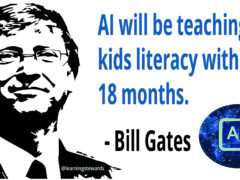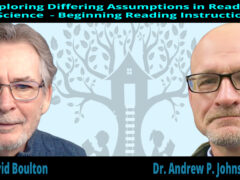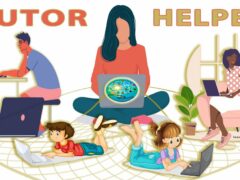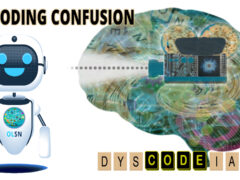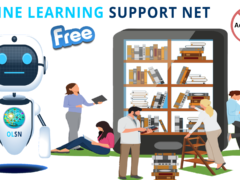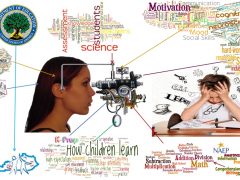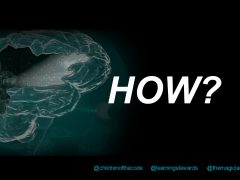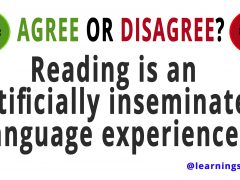The title is taken from Gates’ comments at the Stage X at the 2023 ASU+GSV Summit. What instructional models will the AI literacy tutors of the future be using? Will they assume phonics, structured word inquiry, or one of the other bottoms-up decoding-based word recognition models? Will they use personalized decodable texts and top down […]
